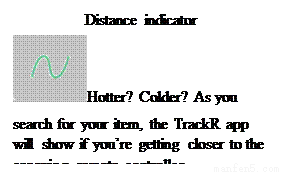0 135173 135181 135187 135191 135197 135199 135203 135209 135211 135217 135223 135227 135229 135233 135239 135241 135247 135251 135253 135257 135259 135263 135265 135267 135268 135269 135271 135272 135273 135275 135277 135281 135283 135287 135289 135293 135299 135301 135307 135311 135313 135317 135323 135329 135331 135337 135341 135343 135349 135353 135359 135367 151629




